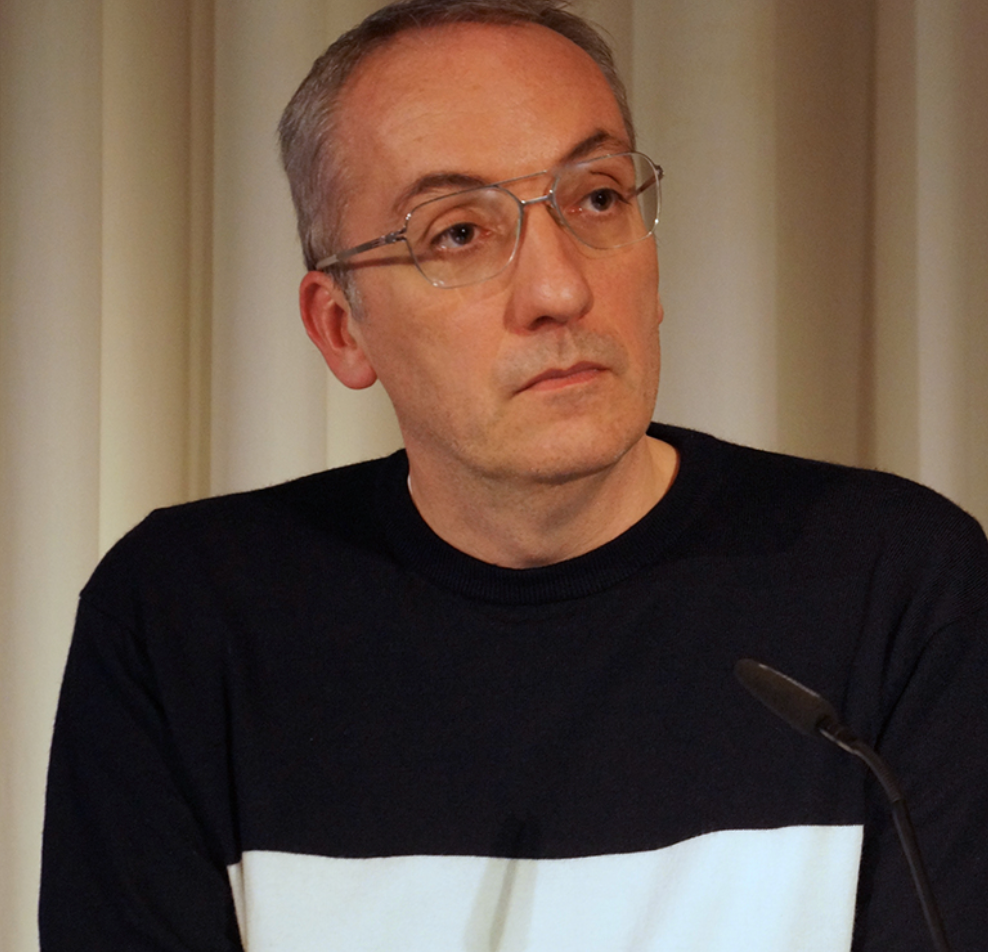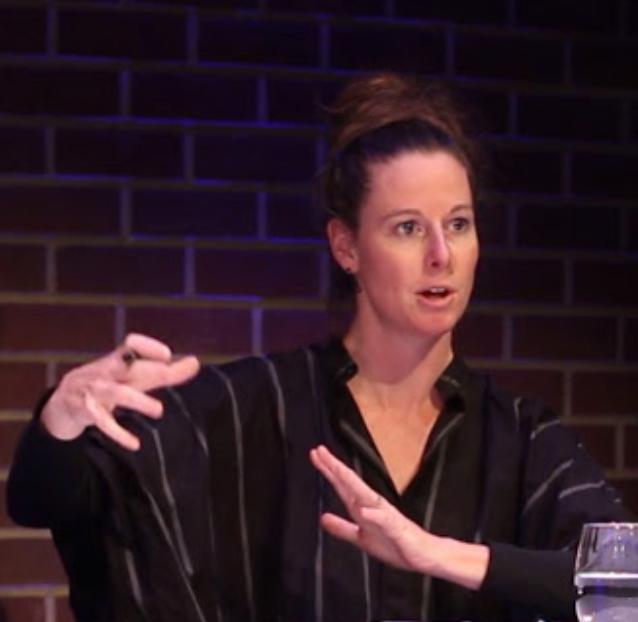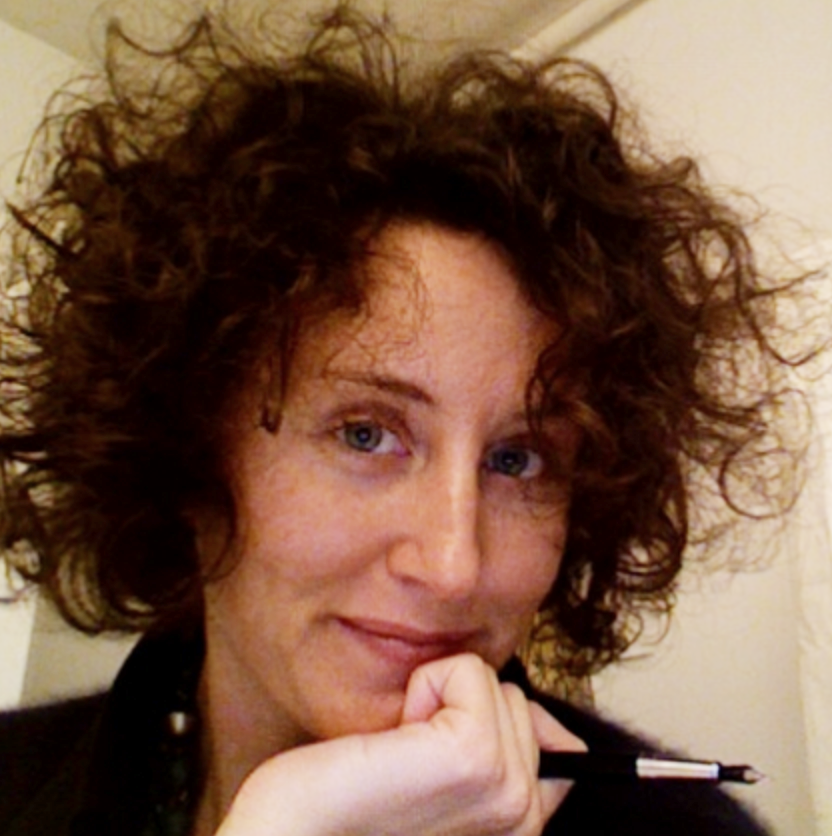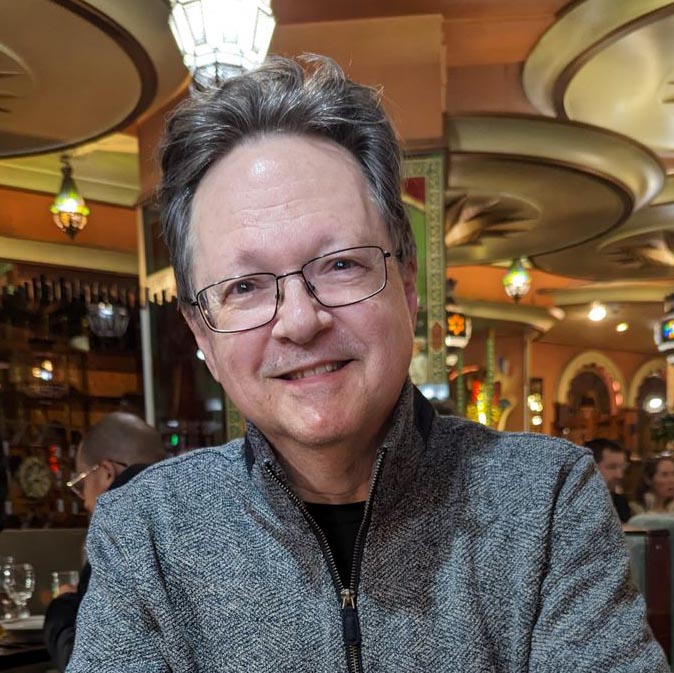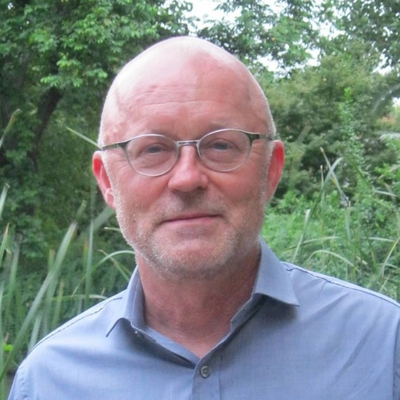Keynote Speakers
Rosi Braidotti is a feminist Continental philosopher and Distinguished University Professor Emerita at Utrecht University in the Netherlands. She holds degrees in philosophy from the ANU and the Sorbonne and Honorary Degrees from Helsinki, (2007) and Linkoping (2013). She is an Honorary Fellow of the Australian Academy of the Humanities (FAHA) and also a Member of the Academia Europaea. In 2022 she received the Humboldt Research Award for life-long contribution to scholarship. Main publications: Nomadic Subjects 2011a); and Nomadic Theory, 2011b, Columbia University Press. The Posthuman, 2013; Posthuman Knowledge, 2019; Posthuman Feminism, 2022 Polity Press. The Posthuman Glossary (2018) and More Posthuman Glossary (2022), Bloomsbury Academic.
Intelligence, Affirmative Ethics and the Anti-fascist Life
Affirmative ethics, as a collective and radically democratic praxis, must be constructed by subjects who collectively defy unity and actualise a virtual heterogeneous assemblage. The composition of an ethically active subjectivity is achieved by transcending the force of the negative and by acknowledging and reworking reactive emotions such as pain, anger, greed, and fear. It entails working through negative instances to attain a more profound understanding of their sources—both affective and cognitive—and striving to transform them into affirmation. Ethics demands rigorous effort: it encompasses not only critical intelligence but also the force of affectivity in relational and epistemological operations. Affirmative ethics functions as a critique of power by exposing the despotic instances of contemporary power formations and the undercurrents of molecular molarities or micro-fascisms. It breaks free from the toxic bonds and the acquiescent application of established norm and values. It deterritorialises them by introducing ethical flows that unfold and enhance relational interdependence. Affirmative ethical subjects are not enamoured of power. An affirmative life, therefore, epitomises “the anti-fascist life.”
Didier Debaise is a permanent researcher at the Fonds National de la Recherche Scientifique (FNRS) and the director of the Center of Philosophy at Free University of Brussels (ULB) where he teaches contemporary philosophy. He is one of the co-founders, with Isabelle Stengers, of the Groupe d’études constructivistes (Geco). His main areas of research are contemporary forms of speculative philosophy, theories of events, and links between American pragmatism and French contemporary philosophy. He wrote three books on Whitehead’s philosophy (Un empirisme spéculatif, Le vocabulaire de Whitehead and L’appât des possibles), edited volumes on pragmatism (Vie et experimentation), on the history of contemporary metaphysics (Philosophie des possessions), and wrote numerous papers on Bergson, Tarde, Souriau, Simondon, and Deleuze. In 2017, two of his books appeared in English: Nature as Event: The Lure of the Possible and Speculative Empiricism: Revisiting Whitehead.
The Terrestrial Becomings of Thought. How to Inherit Geophilosophy?
In What is Philosophy?, Deleuze and Guattari write: “Subject and object give a poor approximation of thought. Thinking is neither a line drawn between subject and object nor a revolving of one around the other. Rather, thinking takes place in the relationship of territory and the earth”. Under the title ‘geophilosophy’, they indicate the task for future thought that is today more timely than ever. Firstly, by relocating and specifying the emergence of philosophy, they open up the question of the plurality of ways of thinking and making the world, what Descola calls ‘ontological plurality’; secondly, by questioning the relationship between territory and the earth, they open up an unprecedented field of exploration into the terrestrial becomings of thought. I would like to explore the whole field of geophilosophy, by situating it with respect to issues and debates that have animated philosophy in recent years, both in its relations to anthropology and to ecology.
Stamatia Portanova is Research Fellow at the Department of Human and Social Sciences, Università degli Studi di Napoli “L’Orientale” (Naples). She is also a member of the Technoculture Research Unit. Her research focuses on digital culture and philosophy. She is the author of Moving without a Body: Digital Philosophy and Choreographic Thoughts (MIT Press), and has published articles in AI & Society, Body & Society, Computational Culture, Space and Culture, Fibreculture Journal, and Angelaki.
Digital chrono-epistemology, or AI from instrument to institution.
For Deleuze, an ‘institution’ is a procedure of satisfaction, the human development of artificial means to achieve that satisfaction. The reason for the ‘specific’ human prerogative over institutions lies, accordingly, in the possibility of indecision which characterizes human cognition, a possibility which leaves space (and time) for intelligence to preempt, prevent and plan. Generally speaking, AI algorithms are today strongly influencing the human institutions which have preceded and will likely outlive them. Yet, it is possible to conceive, together with the question of algorithms AND institutions, a parallel definition of algorithms AS institutions. If to institute means to organize the means into a world, the instrumental vision of AI as an organizing tool can be replaced with the idea of AI as an autonomous instituting entity whose operational velocity is increasingly and variously intervening on human organizations, introducing its own ‘digital chrono-epistemology’, or its own temporal frame, to the world.
Patricia Reed is a theorist, artist and designer based in Berlin. She is Co-Head of The Critical Inquiry Lab, an MA program in Design-Research at the Design Academy Eindhoven (NL). Recent writings have been published in Navigation beyond Vision, Ceremony: Burial of an Undead World, KI-Realitäten: Modelle, Praktiken und Topologien maschinellen Lernens, The Unmanned, Pages Magazine, Glass Bead Journal, The New Normal, Construction Site for Possible Worlds, e-flux Journal and e-flux Architecture. Reed is an affiliate researcher in the Antikythera program (US), and is Area Lead for the Design, Technology and Materialization program at the School of Materialist Research. She co-wrote the Xenofeminist Manifesto as Laboria Cuboniks which was republished by Verso in 2018, with subsequent books in Greek, Korean, French and Spanish. Reed has been awarded an Agent of Change grant in 2023 from the International Architecture Biennale Rotterdam, for which she is preparing a monograph entitled Figuring Planetary Space. A compilation volume of Reed's works will be released by Holobionte Ediciones (Spanish) in 2024.
Instituting the Intolerable: Shame, Ignorance and Schema of Monohumanist Man
For Deleuze, shame is not only one of philosophy’s most “powerful motifs,” but enables an exit from schemas of ignorance that institute an unseeing of the intolerable. As an impersonal affect, shame produces a visceral schism unsettling prosaic mental frameworks through an abjection experienced by the body as it both recognizes complicity and bears witness to what it was hitherto, insensitive to. Shame, as it were, compels forms of practice (a creative yoking of concepts with pragmatics) not for, but before the intolerable. Through Sylvia Wynter’s elaboration of Monohumanist Man as the autoinstituting figure schematizing Euromodernity and its particular epistemologies (often foundational to idealizations of the State and its striated space of reasons), unlike the immobility of guilt, Deleuzian shame will be outlined as an affective catalyst for empirical and praxis-based counter-actualization. What draws these thinkers into relation is a negotiation with a common problem: how it is possible from within the conditions techno-sociogenic givenness, to sense and act from without the given, whilst recognizing the impossibility somatic/cognitive detachment from an historical milieu.
Antoinette Rouvroy (Doctor of Laws of the European University Institute) is permanent research associate at the Belgian National Fund for Scientific Research (FNRS), and senior researcher at the Research Centre Information Law and Society, University of Namur (Belgium). She authored Human Genes and Neoliberal Governance: A Foucauldian Critique (Routledge-Cavendish, 2008) and co-edited (with Mireille Hildebrandt) Law, Human Agency and Autonomic Computing: Philosophers of Law meet Philosophers of Technology (Routledge, 2011). Her current interdisciplinary research interests revolve around the concept of algorithmic governmentality. Under this foucauldian neologism she explores the semiotic-epistemic, political, legal and philosophical implications of the computational turn.
Algorithmic Realism: Anarchive or Utopia
The contemporary world is characterised by an increasing reliance on automated systems that substitute computation for representation in order to comprehend and manage reality. This technological dynamic of algorithmic realism, or algorithmic an-archive, shifts the boundaries and thresholds of an-optic perception to include pre- and infra-semiotic, infra-political digital signals, virtually pushing back the limits of representability to infinity, and in the same 'gesture' - by abolishing its outside - abolishing representation itself. In this talk, I will argue that the fundamental challenge that the algorithmic (an)archive poses to the persistence of critique is not so much the lack of transparency of algorithmic black boxes, but the denial or disavowal of the opacity of the world itself, an ontological opacity and indeterminacy that forces us to speak, to convene, to imagine, to interpret in common, to take shape in the f(r)êlure (frailty/failure) through which the universality of the negative, of the non-totalisable, of incompleteness, of “the refusal to disappear and the refusal to comply” (Denise Ferreira da Silva), manifests itself in the particular, as an immanent utopia, or a project without prediction rather than a prediction without project.
Charles Stivale has recently completed a 40 year career teaching French language, literature and culture. His research includes books in 19th century French literature (on Jules Valles, Stendhal, and Maupassant) and in 20th-21st century philosophical inquiry in the works of Gilles Deleuze and Felix Guattari. He has also completed several translations and co-translations, and currently working with the Deleuze Seminars group at Purdue University on a project to bring transcriptions and translations of all of Deleuze's seminars to the web for public access.
Daniel W. Smith is an American philosopher, academic, researcher, and translator. He is a professor in the Department of Philosophy at Purdue University, where his work is focused on 19th and 20th century continental philosophy. Smith is known for his interpretation of the work of the French philosopher Gilles Deleuze and is the author of Essays on Deleuze, which has been partially translated into Turkish, Slovenian, Spanish, Estonian, and Japanese. He has translated into English texts by Gilles Deleuze, Michel Foucault, Pierre Klossowski, Michel Serres, and Isabelle Stengers.
Archive Madness
The title of this talk was inspired by the conference’s call for papers, specifically the foci of “three socio-techno-environmental regimes of madness: Intelligence, Instituting, and Archiving” and on addressing “the pragmatics of how [intelligence] happens, who institutes it, and through which technologies it is archived”. These foci are particularly intriguing since we are interested in the association of archiving with the two regimes of signs and corresponding madness, paranoid and passional regimes, about which Deleuze speaks. That is, besides the networks of signs underlying the signifying formations, there are “all sorts of categories of specialized people whose job it is to circulate these signs”, which can mean freezing the signifier in the coupling of meaning and interpretation. And there must also be subjects “who receive the message, who listen to the interpretation and obey”, whereby the signified then reaches its limit, generating more meaning and allowing the circle to grow (Two Regimes 14-15). In some ways, this talk regarding collective work on developing the Deleuze Seminars archive is about causing signs to circulate through specific archiving practices with the hope that the results will tend more toward the passional than the paranoid, toward causing the circle of meaning to evolve into intelligence and new lines of creativity.
Deleuze & Guattari Studies Conference 2024
 Registration website for Deleuze & Guattari Studies Conference 2024
Registration website for Deleuze & Guattari Studies Conference 2024Deleuze & Guattari Studies Conference 2024info@dgs2024.nl
Deleuze & Guattari Studies Conference 2024info@dgs2024.nlhttps://www.dgs2024.nl
2024-07-08
2024-07-10
OfflineEventAttendanceMode
EventScheduled
Deleuze & Guattari Studies Conference 2024Deleuze & Guattari Studies Conference 20240.00EUROnlineOnly2019-01-01T00:00:00Z
X TU DelftX TU DelftMekelweg 8-10 2628CD Delft Netherlands


